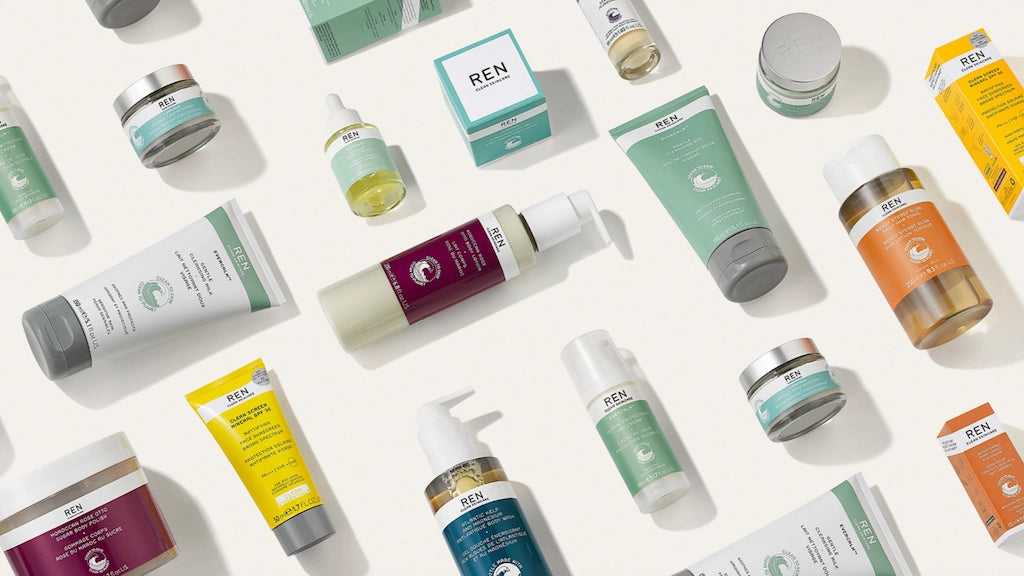
We are sad to inform you that we now have closed down our website, however, you can continue to enjoy your favourite REN Clean Skincare products through the following websites:
Any the orders placed prior to the closure, will be delivered but if you have any issues or questions, please don't hesitate to send us a message at the following email address: customercareuk@renskincare.com
We apologise for any inconvenience.
We thank you for your love and continuous support for REN Clean Skincare.
The REN Clean Skincare team
